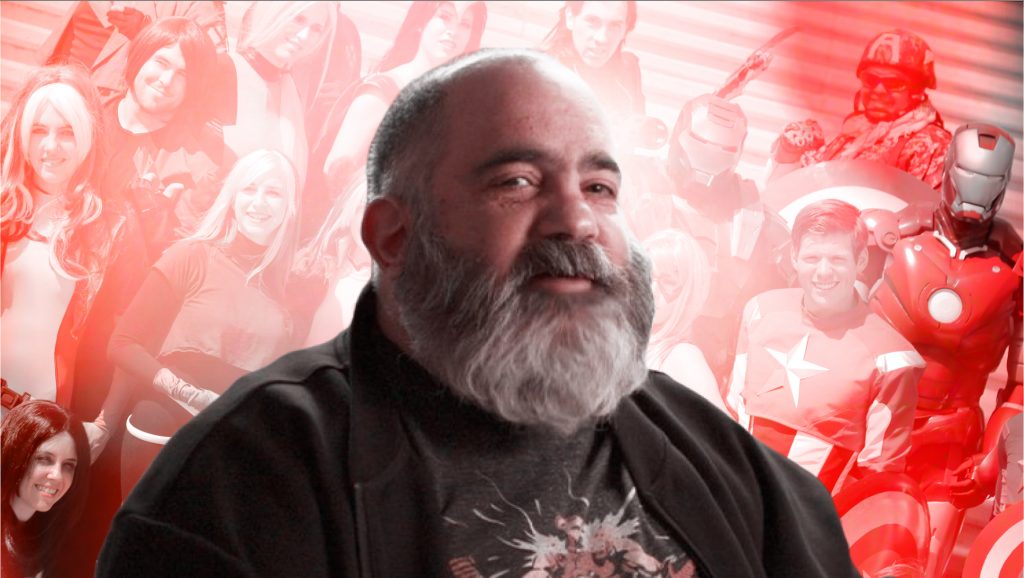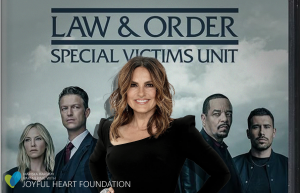Criticism is an important test of a writer’s character as they must decide how to respond to criticism in a way that will retain their fanbase while also addressing concerns.
This is the case for Dan Slott, a writer, and Nick Lowe, an editor, who work in the comic book realm. Both maintain positions at Marvel Comics, stewarding Marvel’s flagship character Spider-Man.
Their continued work on the character has led to some controversy amongst fans of the books, with many seeing their storylines and character portrayals as dissatisfactory. The more salient point to be made lies in how they handle fan interaction when it comes to their work.
For example, Lowe has received harsh criticisms and questions about his work as an editor in several tweets from fans. His responses to fans were primarily negative with a cheery attitude as he claimed that he was sorry to hear their disappointment.
Spinning a piece of criticism into something positive is admirable. In fact, Marvel has done so throughout its existence as a company by printing letters that criticize its stories. However, readers on the internet can quickly inundate staff with messages when issues are published.
As a result, the quality of criticism can take a nosedive while the responses do little to change people’s minds or justify the creator’s choices. Lowe appears to be an unprofessional editor who is letting his readers disperse in droves.
On the other end of the spectrum, Slott participated in a thread on a large comic book forum highlighting the dangers of defending your own work. He stated, “If you want something to fail, the best way to accomplish that is to not try at all. If I had that attitude, I can think of a number of things that wouldn’t be out in the world right now. . .You can take shots. Be as snarky as you want. But I’ve got a pretty good track record for this kind of thing.”
Slott’s language in this post shows that he is using what he has accomplished as a justification to undermine the original post’s criticism that was designed to get under his skin by saying his work is unremarkable.
When a product or piece of work is published, it is out of the hands of whoever created it. As a writer or editor, defending your own taste, opinions and decisions is justifiable; however, responding to a comment that essentially says “make good art/writing” can be damaging. Lowe’s way of handling it makes more sense as it is less likely to offend and lets the writing/art stand on its own.
A business looks to satisfy the majority of its consumers to return a profit. Whether a company acknowledges which direction is the majority or not does not matter. In fact, their response to a minority could easily turn off the majority and threaten the entire base of customers.
There is undeniably a current trend of writers, producers, artists and other entertainers in show business responding to comments and fans harshly. Fans can be entitled and obstinate, but becoming inflexible in one’s views to show conviction and anger is an exercise in futility against customers.
Limiting one’s interaction to only qualified criticisms or trying to seek out improvement, rather than validation in one’s decision-making, is a much more valuable use of time for both writers and editors.
Slott and Lowe are just two examples of how creators must have thick skin when it comes to criticism and appropriately respond to fans.





